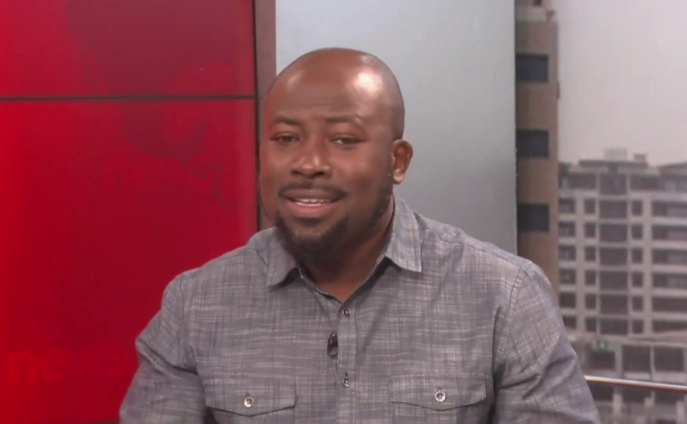Convener of the Individual Bondholders forum, Senyo Hosi, has noted that there is a lack of equity in the debt exchange programme.
According to him, people who have invested their monies in bonds should not be the only ones suffering from the debt restructuring programme, as this places a disproportionate responsibility on them to support the economic recovery exercise.
“You may have kept your money rather in the bank and invested in government bonds. He may have just decided that he’ll rather keep his money and go and invest in properties, but at the end of the day, we have a problem to solve together.
"Why should it be you who going to put your money in the bonds be the one to suffer and not the one who put his money in the property? There’s an equity problem there,” he said.
Speaking on JoyNews’ Newsfile, Mr Hosi explained the plight of individual bondholders, saying that the monies used in the bonds are from households where many family members depend on it.
He says providers of loanable funds are mainly household individuals and that these funds which are savings from households drive the economy.
Therefore, including these bondholders in the economic recovery programme without careful consultation could cripple them financially.
He explained that the government needs bondholders more than bondholders do government, and as such must be strategic in its mode of communication in the quest to execute the debt exchange programme.
According to him, government must not disrupt household individuals’ confidence in the financial sector else it could impede access to loanable funds which in turn could disrupt the economy.
Individual bondholders have been requesting their exclusion from government’s debt exchange programme.
Some have indicated that they have suffered enough of the economic hardship and that their inclusion in the programme would exacerbate their conditions.
They say they can no longer make further sacrifices unless government returns some commissions made on their monies. Issues have also been raised on the subject of burden sharing as bondholders believe that government is refusing to bear any portion of the burden at all.
Meanwhile, others think that what may be causing a problem in reaching an agreement with the government could be the mode of communication, especially on the part of government, saying government has not been transparent and sincere.
Latest Stories
-
Ports and pots: Vessels of trade, culture, and survival; a metaphorical and strategic exploration
3 minutes -
Let’s be careful CJ’s removal process doesn’t become a political tool – Dr Osae Kwapong
10 minutes -
We have not received complaints about politicians being involved in galamsey – EPA boss
13 minutes -
GhIE holds closing banquet & Engineering Excellence Awards
18 minutes -
Government enacts landmark Public Financial Management Act to enhance fiscal discipline
23 minutes -
Ghana Italian Women and Men Association donates over 2,000 furniture to schools
25 minutes -
Expanding Ghana’s healthcare market: the rise of medical tourism
46 minutes -
Zimbabwe police arrest dozens in wake of protests
1 hour -
Ethiopia unveils 100 electric buses in Addis Ababa
1 hour -
Ghana’s Resilience: Preparing for the rains ahead
2 hours -
Val Kilmer, ‘Top Gun’ and Batman star with an intense approach, dies at 65
3 hours -
Ghana’s Selassie Atadika named in 2025 TIME Earth Awards
3 hours -
Maiden Ofie Market records massive patronage as traders, farmers laud Sammi Awuku
3 hours -
World Autism Day: Let’s continue to promote acceptance
4 hours -
Corporate tax affecting rural financial institutions
4 hours

